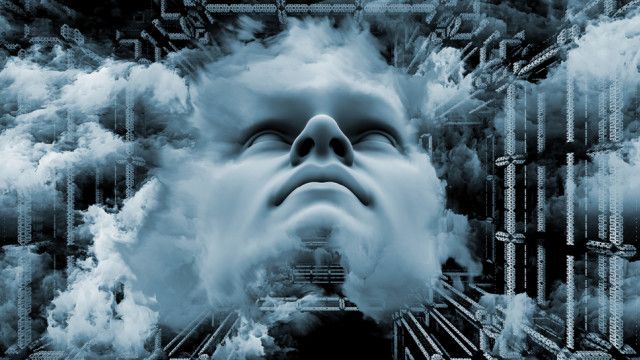There’s a saying among futurists that a human-equivalent artificial intelligence will be our last invention. After that, AIs will be capable of designing virtually anything on their own — including themselves. Here’s how a recursively self-improving AI could transform itself into a superintelligent machine.
When it comes to understanding the potential for artificial intelligence, it’s critical to understand that an AI might eventually be able to modify itself, and that these modifications could allow it to increase its intelligence extremely fast.
Once sophisticated enough, an AI will be able to engage in what’s called “recursive self-improvement.” As an AI becomes smarter and more capable, it will subsequently become better at the task of developing its internal cognitive functions. In turn, these modifications will kickstart a cascading series of improvements, each one making the AI smarter at the task of improving itself. It’s an advantage that we biological humans simply don’t have.
